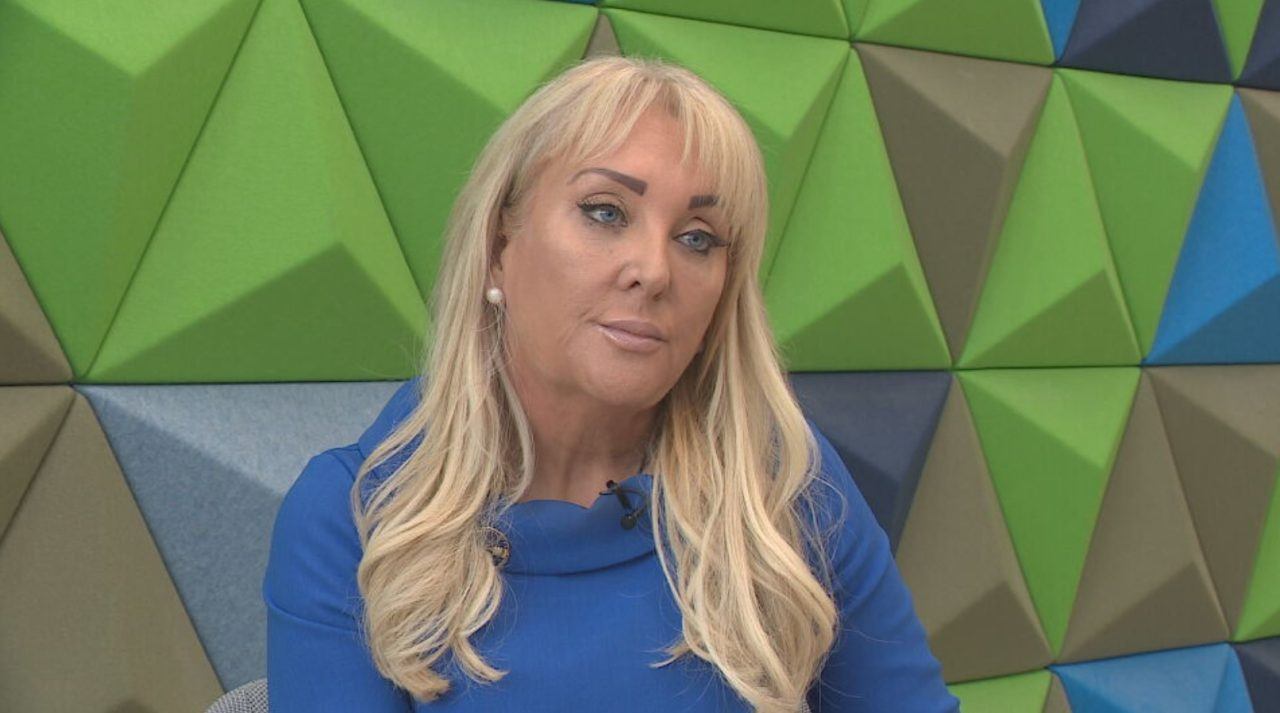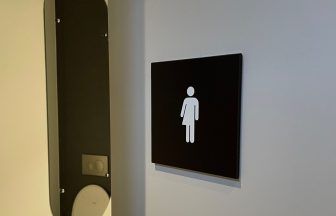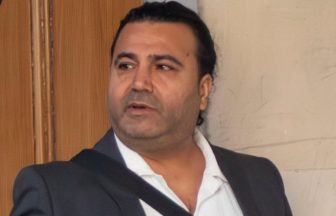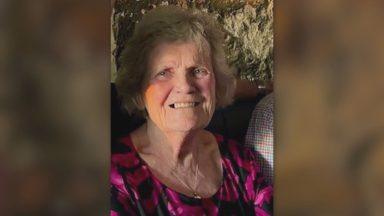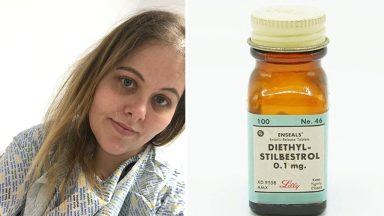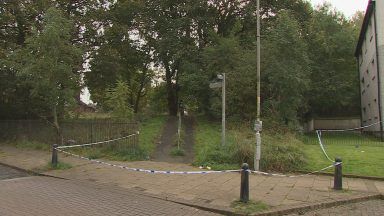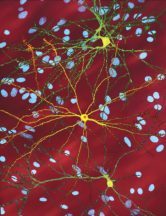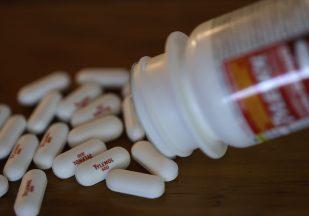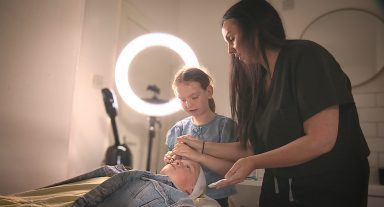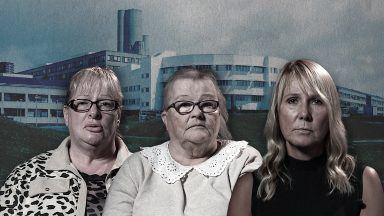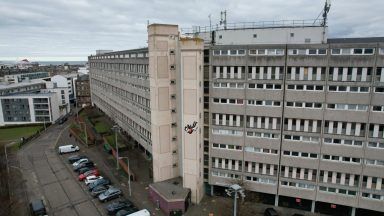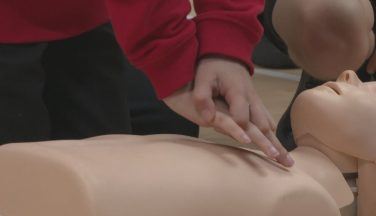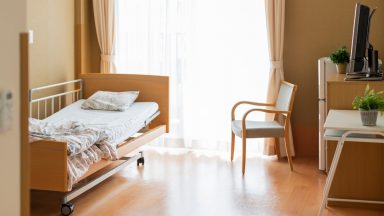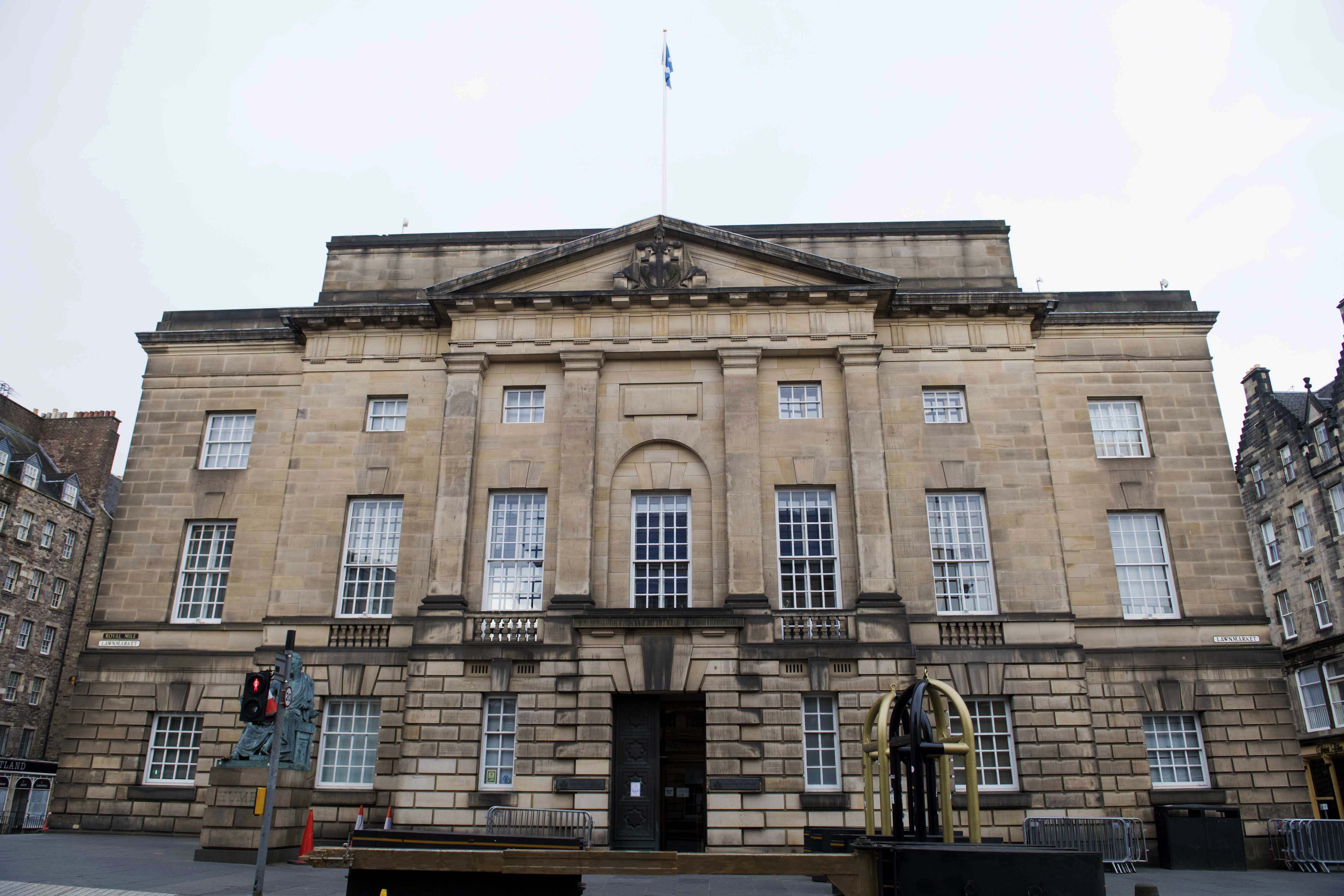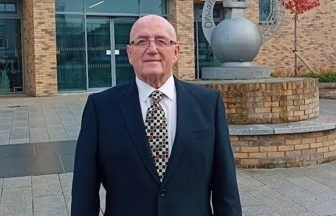A woman whose endometriosis was left undiagnosed for nearly two decades says the health system has “not come far enough” in helping people with the condition.
Entrepreneur and property developer Marie Macklin has suffered from extreme pain every month since she first had a period when she was 14.
She was diagnosed with endometriosis after collapsing when she was 32 and needed an emergency hysterectomy.
Now an ambassador with charity TalkEndo, she is encouraging other women with the condition to take part in a new study which could transform the future of endometriosis diagnosis and treatment.
She told STV News: “They thought I had appendicitis when they opened me up, I had endometriosis all through my organs. I remember saying to my dad, ‘I’m dying.’
“The ovarian cysts had been bursting. I went into cardiac arrest in the operating theatre. It was horrific.”
Endometriosis is a disease in which cells like those that line the womb grow elsewhere in the body, most commonly around the pelvis.
It’s estimated that around one in ten women in Scotland have the condition, which can cause symptoms including debilitating pain, bowel problems and problems getting pregnant.
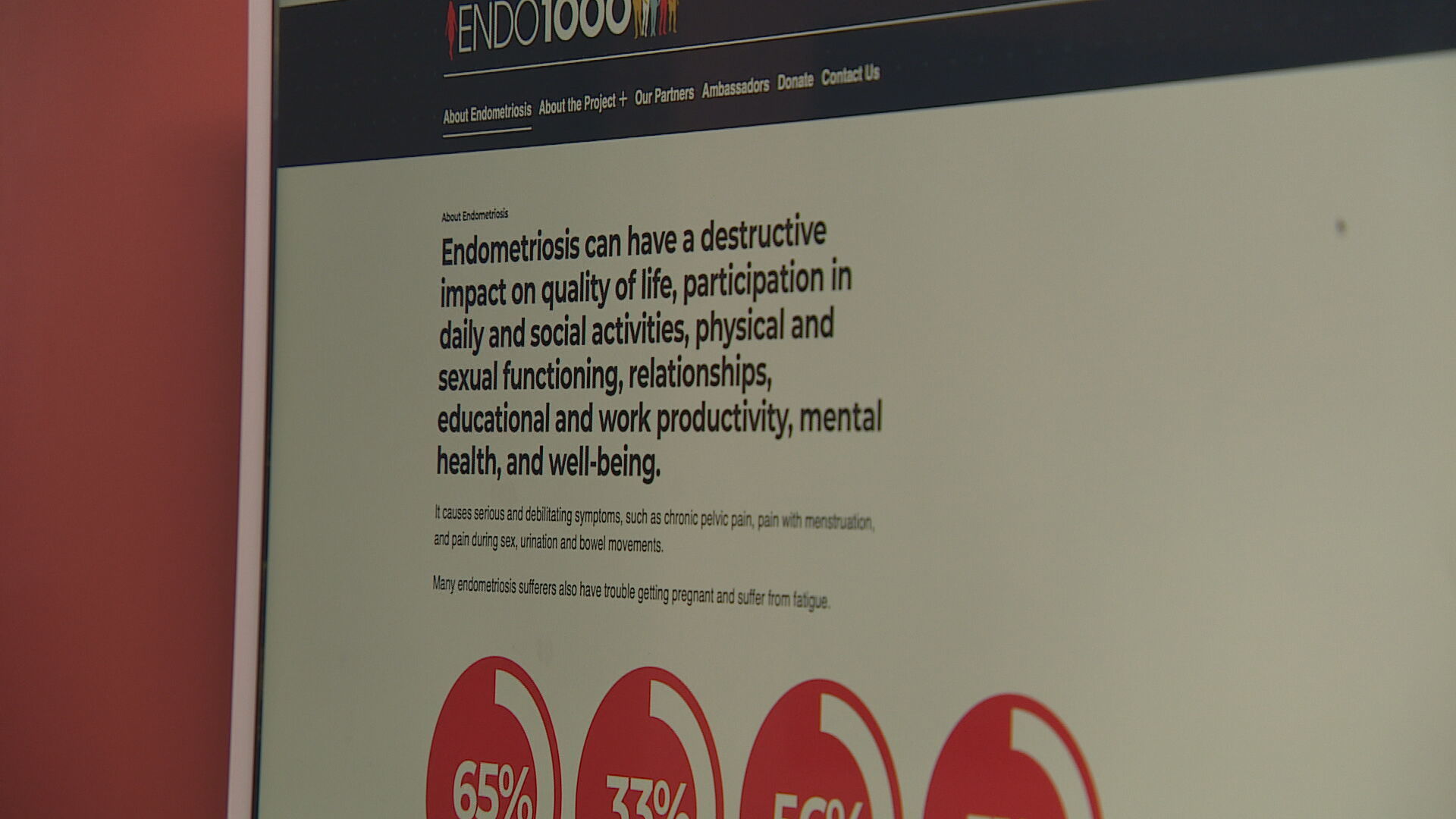 STV News
STV NewsThere is no cure; treatment can involve surgery and hormones, but it often doesn’t work or has unpleasant side effects.
Marie said she had pain every month throughout her whole body, which doctors had dismissed.
“I used to black out with pain,” she said.
“My mum took me to the doctors. They would say, ‘It’s all in our head’. It affected my confidence.
“If they had picked up on it, I wouldn’t have been in that situation.”
Marie said she did not have much support when she was diagnosed and that it has had a “huge impact” on her life.
“In those days, there was no counselling – no one to talk to.
“I had a really promising career in the City of London. Now I was infertile, I couldn’t have a family. It affected my career prospects and relationship.”
It comes after the University of Edinburgh launched a new study, ENDO1000.
Experts will collect data and samples from 1,000 women with known or suspected endometriosis and track their disease and health metrics over a two-year period.
They have recruited the first 250 participants and are seeking funding to be able to recruit 1,000.
Participants will collect biological samples, including blood, urine, faeces, and saliva, at home and then post them back to the lab in Edinburgh to be analysed.
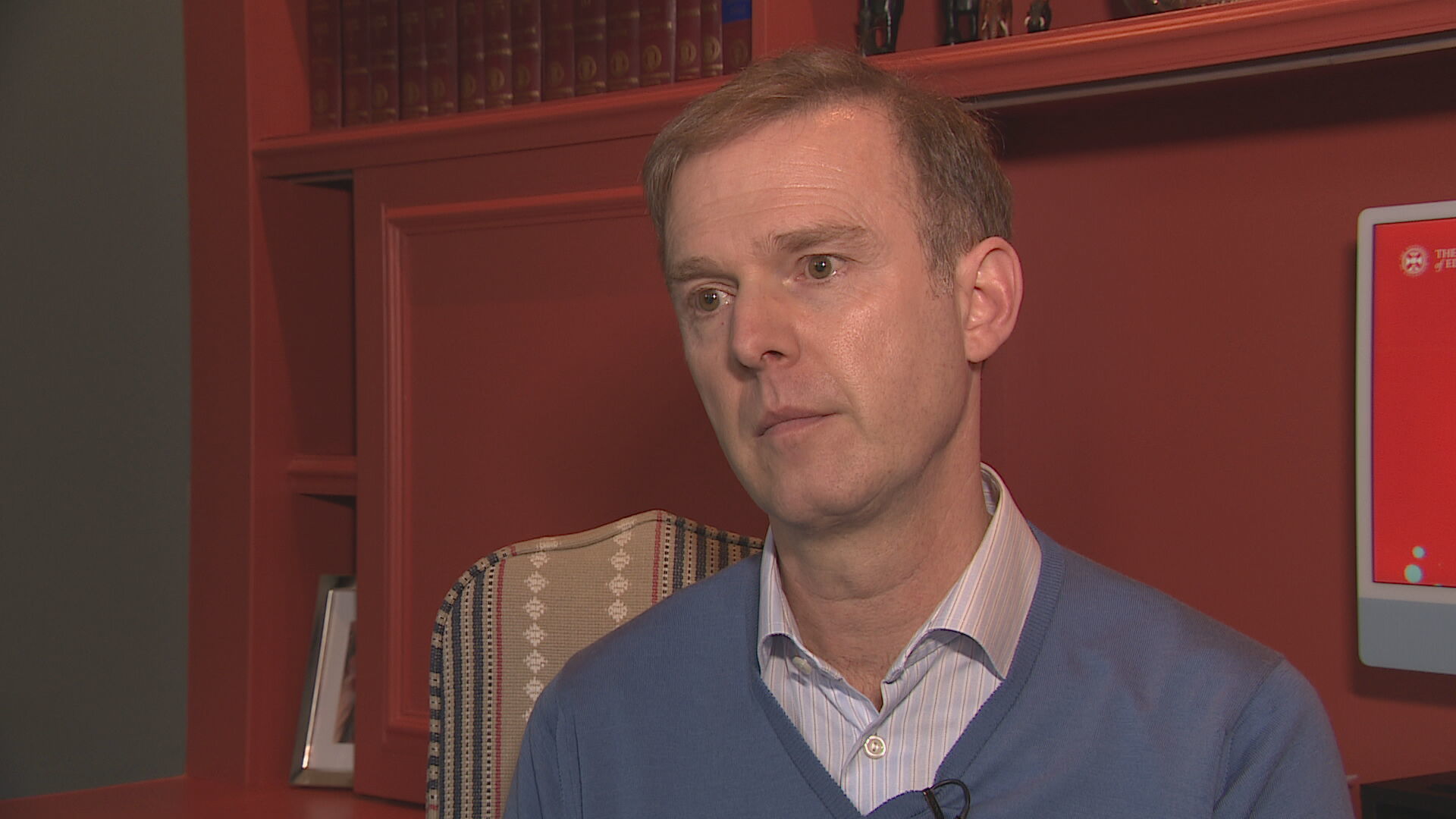 STV News
STV NewsThey will also be given a smartwatch to give an insight into the impact that symptoms like pain flares can have on their movements and sleep patterns.
The samples taken from patients will will help pinpoint genetic and other risk factors that influence the disease’s onset – something that experts say could be a game-changer.
Scientists hope this eventually means more personalised treatments for those living with the impact of what can be such a debilitating disease.
Marie said: “We have come far, but not far enough. We need to find solutions.
“What we need to do is put more money into the system. What is it in our makeup that creates this condition?
“I’m passionate about this, and I want to put my weight behind it.
“I don’t think I’ll ever get over that situation. I don’t want young girls suffering the way I have suffered.”
Professor Andrew Horne is the director of the Centre for Reproductive Health at the University of Edinburgh.
He said: “I hope that it helps us diagnose it more quickly.
“I hope that it helps us be able to better advise patients on treatments that are available to them and which will be most effective for them.
“But I hope, above all, it gives us a lot more information about the condition so that we can better develop new treatments and ultimately develop a cure for the condition.”
Follow STV News on WhatsApp
Scan the QR code on your mobile device for all the latest news from around the country


